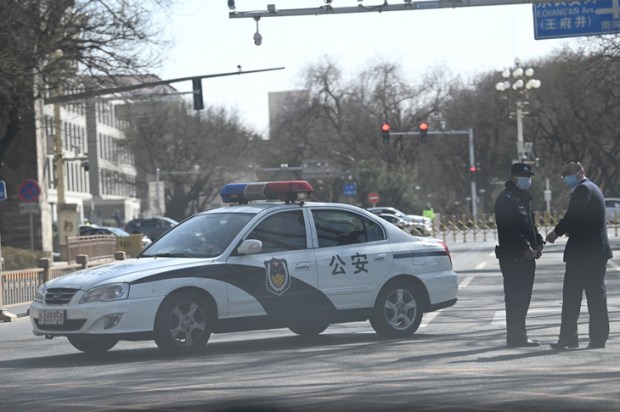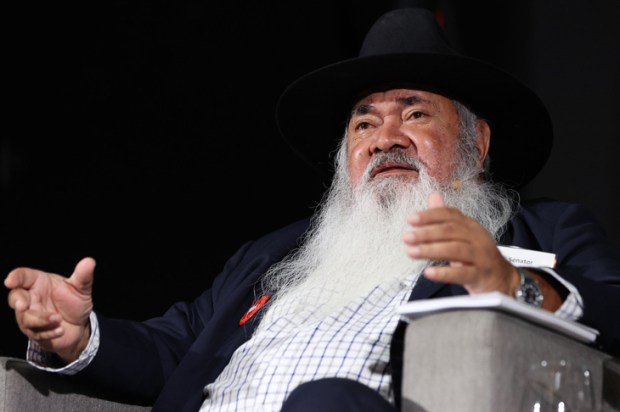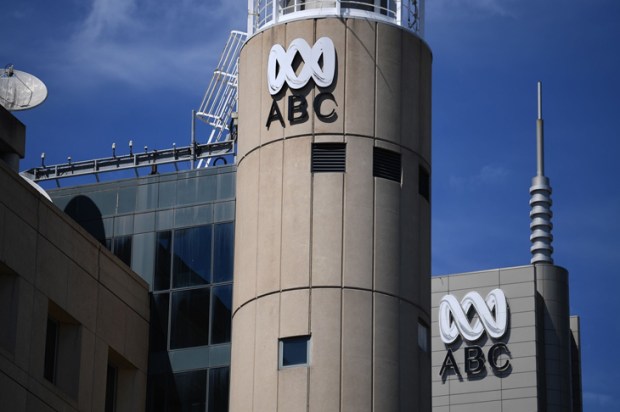Sometimes I think that writing a weekly column for The Speccie is a bit like going to church and confessing. And Speccie readers, you are the priest. There’s a degree of relief, a clearing of the air.
So here is my latest confession: I love our gas heater. In these cold months, there is nothing better than getting home, switching on the gas heater, backing in the derriere and suddenly feeling much better.
In the past, I loved the open fire place we had in our family home but, let’s face it, they are a bit of hassle – getting it started, waiting until the heat really begins to radiate and, of course, cleaning it out. And just as the environmental hysterics can’t abide gas heaters, they can’t abide open fire places either.
Call me cynical, but does anyone believe these new studies that seek to demonstrate that gas heating is very bad for a person’s health? Why is it that these studies are only now emerging? Could it be a classic case of the tail wagging the dog, with authors determined to establish yet another reason to demonise fossil fuels?
And if it were really the case, why are age-adjusted life expectancies not significantly lower in Victoria where gas heaters and appliances are much more common than in the other states?
Now while I’ve got you in the box, can I make another confession, two actually? I love our gas stove. To be sure, I don’t do a lot of cooking these days but when I do, I really appreciate the quick response time of the gas stove. Very high and very low – both settings work well. Compared with our induction stove at our other place – that’s my other confession – the gas cook-top is far superior.
Indeed our relatively new, very expensive and rarely used European induction stove at our other place had the temerity to conk out while we had guests. It turned out to be a defective motherboard, which seems a very sexist description for a component of a stove – only kidding. It cost an arm and leg to replace it, but it would have cost several arms and legs to replace the whole stove with a newer induction model.
Evidently, having a second house, indeed having a spare bedroom, is now regarded as equivalent to a mortal sin by progressive thinkers. According to their astonishing insights, if only everyone could just share what accommodation is available, there would be no housing shortage and rents wouldn’t be rising. And if these undeserving rich bastards can’t be forced to offer up their spare accommodation, then they should be taxed to high heaven. (Note here the religious theme).
Returning to the issue of gas, gas, gas –OK, just gas – the little darlings down at the Grattan Institute have been jumping on the anti-gas bandwagon, telling everyone that they should be replacing their gas appliances and instead relying on the unreliable electricity grid. You know it makes sense – or not.
To be sure, no immediate wholesale replacement of gas appliances is being suggested, although government subsidies to push the process along are seen as necessary. Needless to say, all new housing should be deprived of the benefits of gas connections, according to the great minds from Grattan.
But here’s one of the problems with the central recommendation: if some residents abandon their gas appliances, then the economics of the domestic reticulation of gas begin to falter. It’s not worth servicing some areas unless a high proportion of residents use their connections. At that point, many people might be forced into abandoning their much loved gas heaters, gas stoves and gas hot water services but won’t be in a positon to fund the conversion. It is also likely that there will be insufficient replacement appliances and qualified tradies to do the installation at the time. The politics don’t look great.
But here’s the thing: when we are talking about gas, which is widely regarded as the only feasible transition fuel, it’s not clear why you would bother nagging households about their appliances. The majority of natural gas is used by industry and power generation and, if anything, we need to sharpen the incentives to ensure we have an adequate gas supply into the future.
And isn’t there an irony as the gas supply in the Bass Strait dwindles and any further extraction of gas in Victoria is essentially prohibited, that Dan the Man complains about Queensland gas being exported? That’s right: he thinks the federal government should limit gas exports so Victorians can have a plentiful supply while banning gas extraction in his state. But I guess lying straight in bed has never been Dan’s long suit.
Talking more generally about how the energy transition is going, if B1 (Chris Bowen) really understood matters, he would be losing a lot of sleep. There is no way that we are getting to 82 per cent renewables by 2030 – the target in Victoria is 95 per cent by 2035 – and there is no way that electricity prices are coming down, let alone falling by $275 per year as promised by Labor during the last election campaign.
In Victoria, it has dawned on the political masterminds there that the state’s land mass is actually not large enough to accommodate the necessary onshore wind and solar installations. One study has estimated that 70 per cent of the state’s land currently used for agriculture would have to be repurposed to generate sufficient (intermittent) electricity to replace coal and gas. Let’s face it, that’s not going to happen, even with Dan in charge.
It’s one reason why offshore wind is seen as the answer, with Gippsland waters nominated as the place for a renewable energy zone. It’s just a pity that offshore installations are so expensive and have much shorter lifespans than onshore ones.
It’s dawning on pretty much everyone, including even B1, that even if renewable energy projects go ahead at the pace he dictates – they aren’t and they won’t – the delays in the construction of the additional transmission lines constitute the biggest and most expensive obstacle.
It has been estimated that 10,000 additional kilometres of transmission lines are needed between now and 2030 but we will be doing well to achieve 500 to 600 kilometres per year. Thankfully, the completely understandable resistance of farmers and regional communities will ensure a slow rollout. Why should they bear the external cost of having unsightly high voltage pylons cutting a swath through their landscapes so the inner-city luvvies can pretend that the planet is being saved?
Back to the drawing board or should that be the gas heater?
Got something to add? Join the discussion and comment below.
You might disagree with half of it, but you’ll enjoy reading all of it. Try your first month for free, then just $2 a week for the remainder of your first year.













